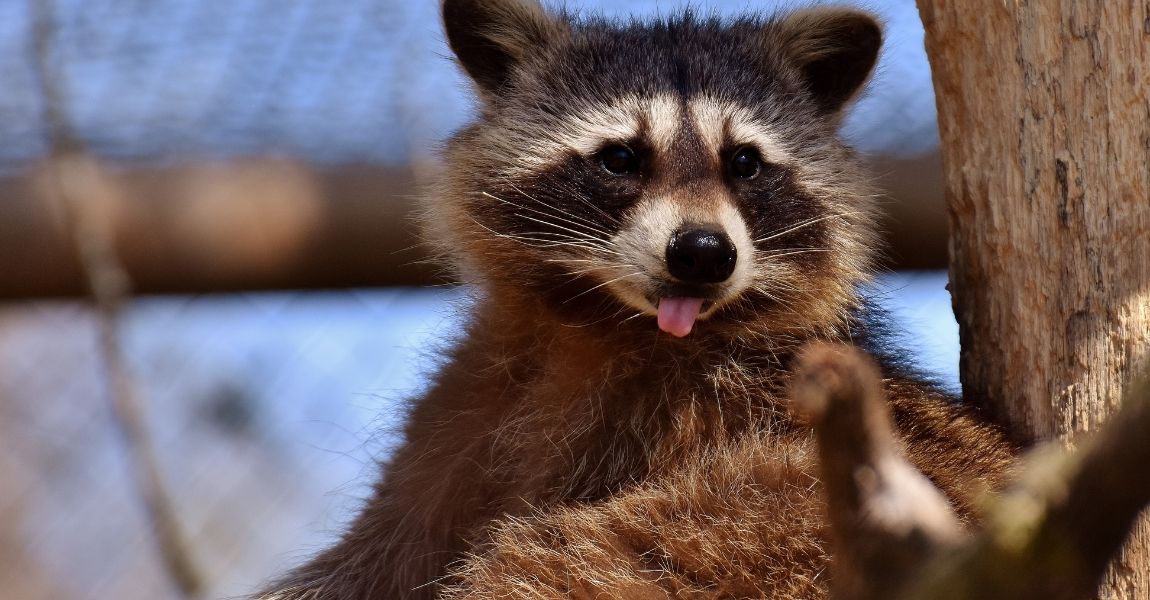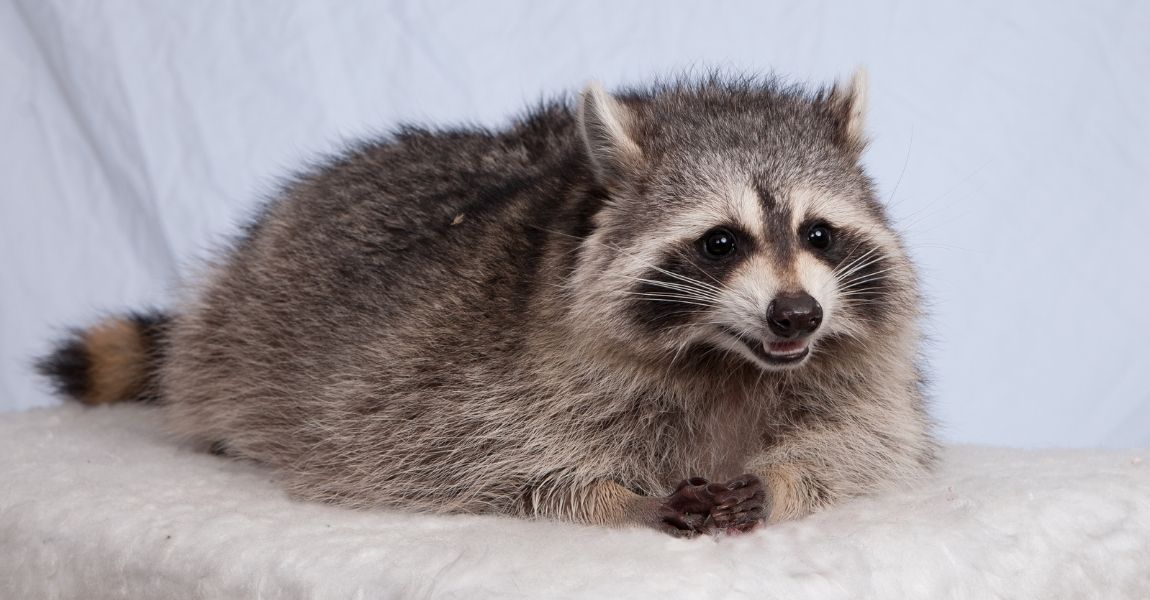Understanding Your Pet Raccoon
Legal Considerations:
Before considering a raccoon as a pet, it is crucial to understand the legalities surrounding their ownership. Laws regarding pet raccoons vary greatly depending on the country, state, and even local regulations. Some regions prohibit private ownership of raccoons altogether, while others may require special permits or licenses. Research and familiarize yourself with the legal requirements in your area before deciding to keep a raccoon as a pet.
Natural Behavior and Habitats:Raccoons are intelligent, curious, and highly adaptable animals. In the wild, they are primarily nocturnal and have excellent climbing and digging abilities. Understanding their natural behavior and habitats is essential to provide an appropriate living environment for your pet raccoon. They require ample space, both indoors and outdoors, with opportunities for climbing, exploration, and foraging. Enrichment activities, such as puzzle toys and hiding treats, can help stimulate their active minds.
Diet and Nutrition:Feeding your pet raccoon a proper diet is crucial for their overall health and well-being. In the wild, raccoons are opportunistic omnivores, meaning they eat a varied diet of both plant and animal matter. As pets, their diet should mimic this natural diversity. Commercial raccoon diets are available, which provide a balanced nutrition profile. Additionally, fresh fruits, vegetables, eggs, and lean meats can be included in their diet. Consult with a veterinarian specializing in exotic animals to create a suitable diet plan for your pet raccoon.
Socialization and Enrichment:Raccoons are social animals that thrive on interaction and mental stimulation. Early socialization is vital to ensure they grow up to be well-adjusted and friendly companions. Regular human interaction, positive reinforcement training, and supervised playtime can help establish a strong bond with your raccoon. However, it's essential to remember that raccoons are still wild animals at heart and may exhibit unpredictable behavior. Always respect their boundaries and provide them with safe and appropriate outlets for their natural instincts.
Veterinary Care:Finding a veterinarian experienced in treating raccoons is crucial for your pet's health. Regular veterinary check-ups, vaccinations, and preventive care are essential to ensure they remain healthy and free from diseases. Raccoons are susceptible to certain health issues, including parasites and dental problems, so it's vital to stay vigilant and provide proper care and medical attention as needed.
Legal and Ethical Considerations:While some individuals may find the idea of having a pet raccoon appealing, it's essential to consider the ethical aspects of keeping a wild animal as a pet. Raccoons have complex needs and behaviors that may not be fully met in a domestic setting. Additionally, keeping raccoons as pets may contribute to illegal wildlife trade and the disruption of natural ecosystems. Consider supporting conservation efforts and education programs rather than seeking a raccoon as a pet.
In conclusion, owning a pet raccoon requires significant commitment, understanding, and a genuine passion for these unique animals. Before considering a raccoon as a pet, thoroughly research the legalities, their natural behavior, and their specific care requirements. Always prioritize their health, well-being, and respect their wild nature. By providing a suitable environment, a balanced diet, and appropriate socialization, you can foster a fulfilling and enriching life for your pet raccoon.





